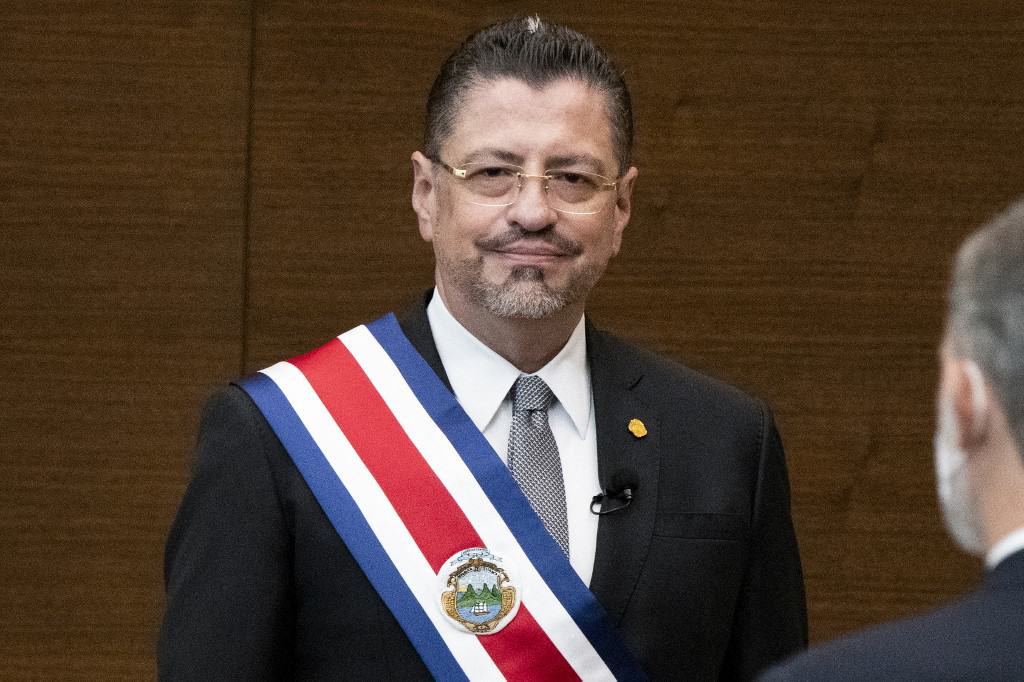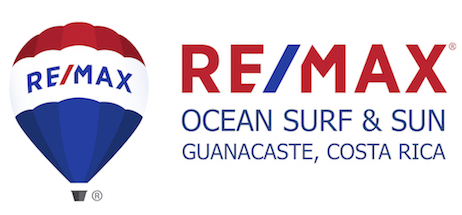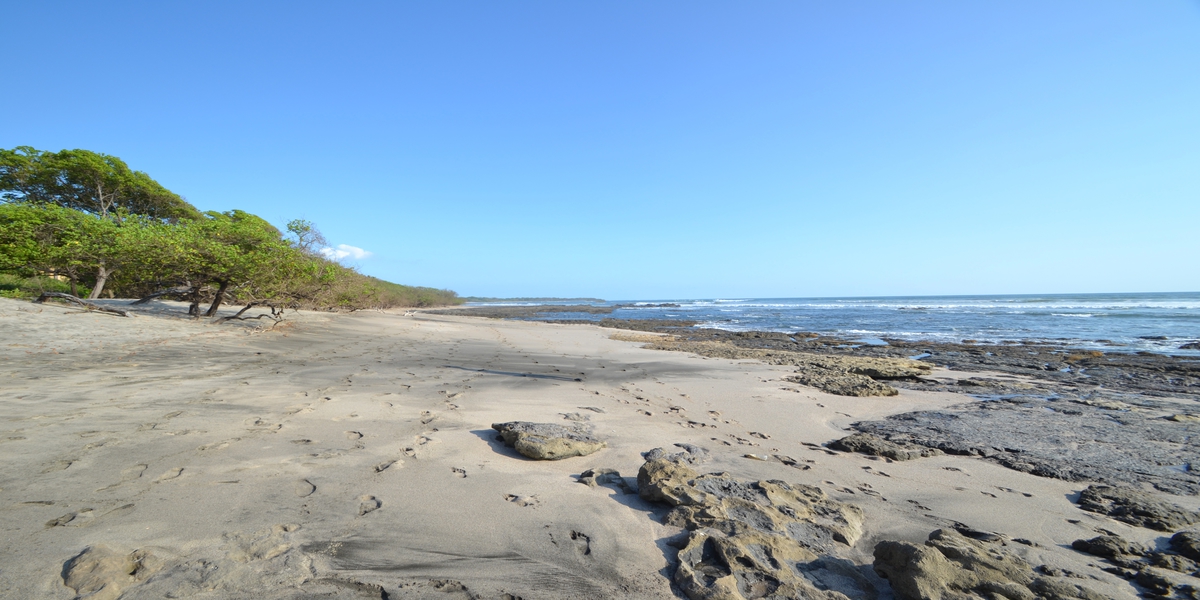 On May 8, 2022, Rodrigo Chaves was sworn in as the 49th president of Costa Rica. He defeated rival Jose Maria Figueres, who was president from 1994 to 1998, in a tightly contested runoff election. What did Chaves promise during his campaign? What changes could occur in Costa Rica during his 4-year term?
On May 8, 2022, Rodrigo Chaves was sworn in as the 49th president of Costa Rica. He defeated rival Jose Maria Figueres, who was president from 1994 to 1998, in a tightly contested runoff election. What did Chaves promise during his campaign? What changes could occur in Costa Rica during his 4-year term?
The Economy
Chaves is an economist who worked in the World Bank for three decades. His only public office experience was the six months he served as Costa Rica’s finance minister in the previous administration, but he left the position due to differences with then - president Carlos Alvarado. Predictably, the economist’s goals are economic in nature. And many agree that stabilizing and improving the economy is a priority. The Carnegie Endowment reports: "The country faces numerous structural challenges, many aggravated by the coronavirus pandemic, which battered the country’s crucial tourism industry. Corruption scandals, inequality, rising unemployment - currently standing at almost 14% - and slow economic growth have made the country more vulnerable". What measures does Chaves propose to boost the economy? According to his political party’s government plan, "Costa Rica is not a poor country but rather a poorly governed country". Chaves aims to accelerate the economy by creating jobs, attracting investment, establishing new businesses, and strengthening exports. In addition, he promises to reduce red tape that impedes economic progress. That includes digitizing government records and improving the communication between government agencies. Support has been promised to small businesses and farmers. Another goal of the new administration is that all Costa Rican citizens over the age of 12 have their own bank account. On a larger scale, Chaves hopes to improve the conditions of a $1.7 billion loan with the International Monetary Fund that is used to keep the country’s finances afloat. It is hoped that these steps will reduce the poverty level which currently includes 23% of Costa Rica’s 5.2 million residents.
Tourism
One of the primary motors of the Costa Rican economy is tourism. How does Chaves hope to rev that motor after the Covid-19 pandemic? The majority of visitors to Costa Rica come from North America. Chaves would like to diversify the market and entice tourists from Asia, especially China. Furthermore, he wants to make Costa Rica an attractive destination for medical tourism and digital nomads. Locally, he aims to certify guides and improve security in coastal zones where most foreigners visit or live. Also, Chaves hopes to improve the condition of the nation’s roadways and enlarge the San Jose airport to accommodate the ever-increasing arrival of tourists. To support the cruise industry, he wants to maintain the ports on the Pacific and Caribbean coasts.
Environment and Climate
The Washington Post reports that Costa Rica was the first tropical country to stop and reverse deforestation. 99 percent of its electricity comes from renewable resources. In 2019, it set the goal of net-zero carbon emissions by 2050. Nevertheless, new president Chaves seems to favor the economy over the environment. He stated he will not ratify the Escazu Agreement, a regional pact designed to protect environmental defenders. On the other hand, he has set the goal to develop alternative fuels like hydrogen and biomethane and thus reduce the emissions produced when fossil fuels are burned.
Health Care
Costa Rica’s national health care system, locally known as "la Caja", is available to all including residents from other countries. Chaves hopes to enroll more of the nearly 40% of workers who do not currently have health insurance. Another goal is to reduce the long wait - sometimes a year or more - for specialized care and operations. He proposes to raise the level of care available at local clinics and extend the hours of attention in order to better utilize medical facilities. A fundamental element of his health care plan is to promote a healthy lifestyle and prevent disease rather than treat it.
Corruption
The outgoing administration, like many before it, has been plagued by corruption scandals. In the "Cochinilla" case, authorities believe that two of the country’s largest construction companies offered bribes - money, land, vehicles, and more - in exchange for preferential treatment in obtaining infrastructure contracts or to manipulate quality assurance tests. Chaves has promised transparency and that his new administration will be composed of honest, qualified personnel, not friends and supporters. He proposes laws to protect whistleblowers and swift and strong action against corrupt officials.
Diplomacy
Costa Rica’s border with its northern neighbor Nicaragua is a busy one. International commerce, as well as legal and illegal immigration, are constant. However, Costa Rica does not recognize the government of Nicaragua’s current president Daniel Ortega. Ortega was recently elected to a fourth consecutive term after having many of his political rivals jailed. Citing the lack of "democratic conditions" there, Costa Rica withdrew its ambassador from Managua. A few days after taking office, Chaves expressed his desire to reinstate the ambassador but later retracted the idea.
Conclusion
Shortly after taking office, Chaves complained of the high cost of living, crime, drug trafficking, and long waits for health care. He warned that "if the political class fails one more time, the country could fall apart. We will not only put the house in order, we will rebuild it. Change is urgently needed. I will not accept defeat. Costa Rica does not have to accept defeat". How many of his ambitious plans will come to fruition? How many of his campaign promises will he be able to keep? Time will tell.






